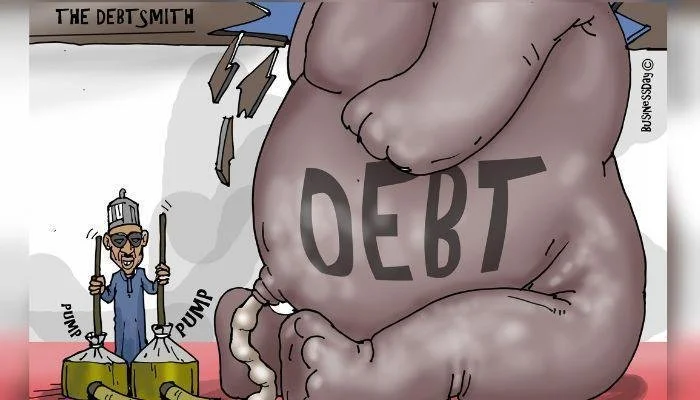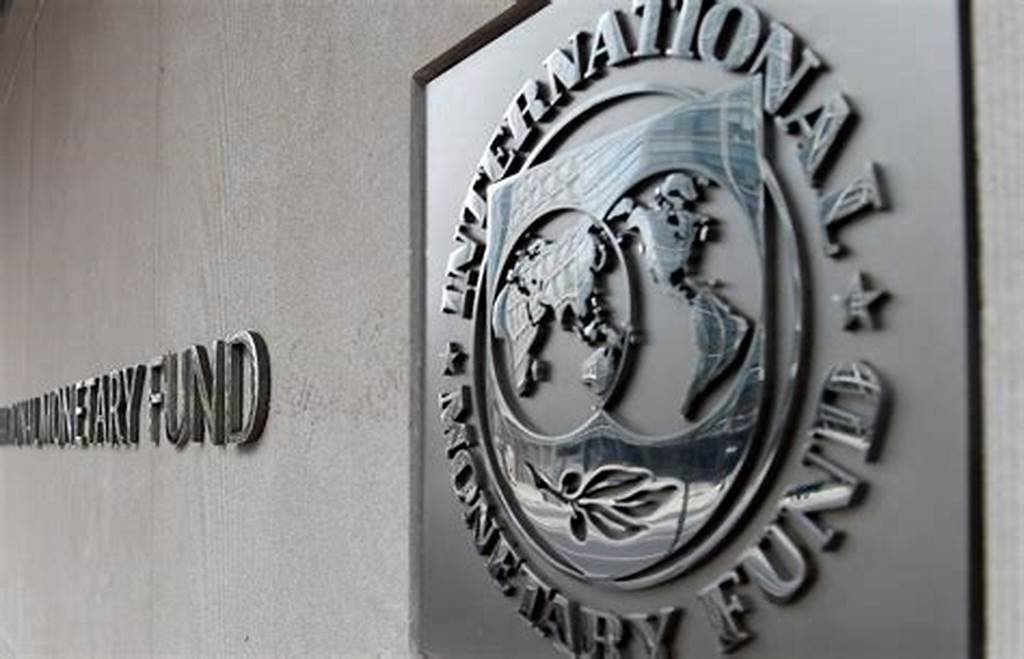Nigeria's Inflation Soars to 31.70%: Economist Warns of Continued Rise Without Economic Reforms
The latest announcement from the National Bureau of Statistics has sent shockwaves through Nigeria, revealing a staggering inflation rate of 31.70 percent. Economist Paul Alaje, in response to this alarming figure, has sounded a dire warning, predicting that unless significant economic reforms are implemented by the government, the inflation rate will only continue to climb.
Alaje, drawing from his own experiences and observations of many others, has pinpointed the lack of a deflection point as a key factor driving the persistent rise in inflation. Contrary to the reported 31.7 percent, he suggests that the actual inflation rate is much higher.
"Inflation has surpassed what many economists anticipated," Alaje remarked during an appearance on Channels Television's Politics Today. "If you ask many Nigerians, they will tell you that inflation is far beyond 31.7 percent. Personally, my experience reflects a much higher inflation rate than the reported average."
He illustrated the steep rise in prices over time with a striking example: "Back in 2025, a 20mm pole, 12 meters long by 20 inches, cost N500,000. Today, the same pole fetches a minimum of N6 million. This demonstrates that for many people, the inflation figure is even more severe."
Alaje emphasized that without a significant shift in economic policies, inflation is expected to continue its upward trajectory. "We have not reached the point of deflection," he warned. "This means that inflation is poised to climb higher unless we introduce positive signals to the economy, alleviating the impact of inflation on the populace."
The implications of such staggering inflation rates are far-reaching, affecting the cost of living for millions of Nigerians and putting immense strain on households and businesses alike. Alaje's sobering assessment serves as a call to action for policymakers to prioritize measures that will stabilize the economy and mitigate the burden of inflation on the country's citizens.
As Nigeria grapples with the repercussions of soaring inflation, the urgency for decisive economic reforms becomes increasingly apparent. The future trajectory of the nation's economy hinges on the government's ability to address this pressing issue and chart a course towards sustainable growth and prosperity for all.








